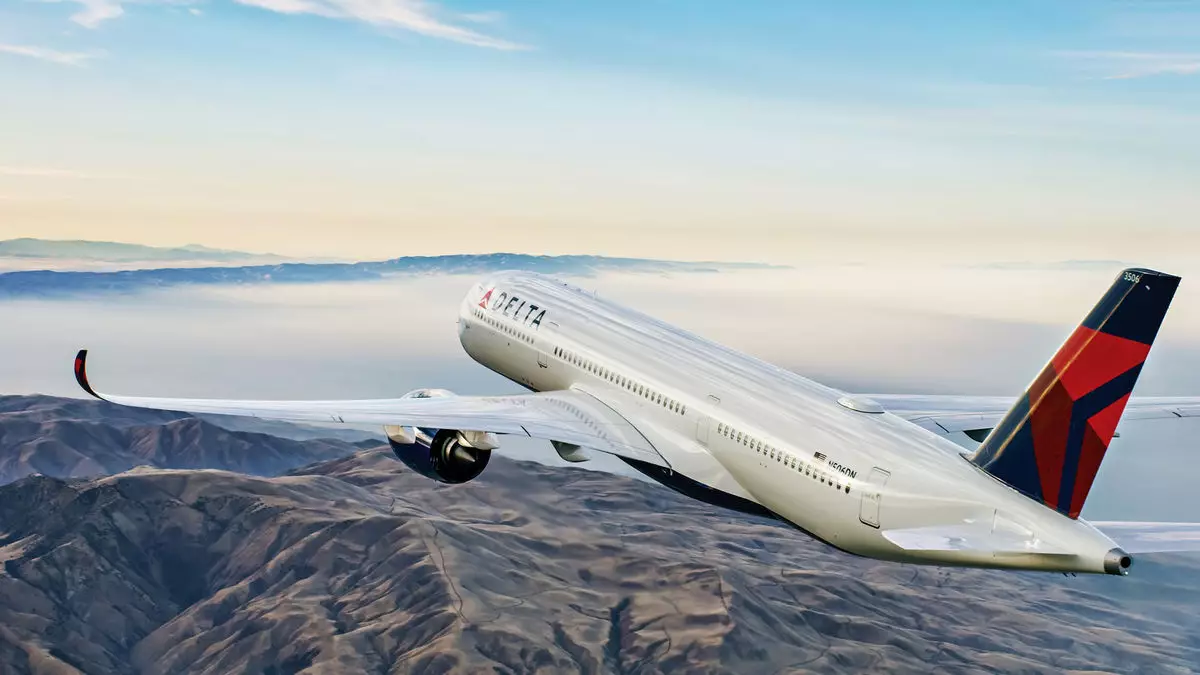Delta Airlines is setting a new standard in corporate travel by unveiling a cutting-edge platform tailored for business clients. This innovation signals a shift from traditional, fragmented booking and management processes toward a unified, intuitive experience that aligns with modern corporate needs. With the future launch of Delta Business, the airline aims to provide a tool that simplifies complex workflows and enhances operational efficiency, challenging the status quo of business travel logistics.
What stands out is Delta’s deliberate focus on personalization and user-centric design. The revamped platform promises an interface built around real-world workflows, ensuring that corporate travelers and travel managers can navigate effortlessly. This approach counters the often clunky, application-heavy management systems that can hinder productivity. Instead, Delta’s new platform emphasizes a centralized dashboard that consolidates critical information—account details, contact info, and support options—making it accessible at a glance. This shift demonstrates a keen understanding that in high-pressure corporate environments, ease of access and rapid decision-making are invaluable.
Intelligent Features that Anticipate User Needs
A notable innovation in Delta’s new platform is the intelligent search feature. Unlike traditional search functions that simply sift through data, this “smart search” aims to understand user intent, bringing relevant details directly to the forefront. Whether querying passenger records or specific travel parameters, users can expect faster, more relevant results. It’s an example of artificial intelligence increasing operational fluency, reducing friction in the travel planning process. While still in beta, this feature indicates Delta’s commitment to iterative improvement based on real user feedback—an essential trait in the digital age.
The platform also incorporates real-time support, allowing users to connect instantly with global sales specialists via chat. This live assistance replaces cumbersome email chains and phone calls, streamlining support and increasing satisfaction. It reflects an understanding that in corporate travel, issues are often urgent, and quick resolutions can significantly impact employee productivity.
Empowering Loyalty and Flexibility Through a Digital Wallet
Perhaps most revolutionary is the introduction of a digital wallet within the platform. This feature centralizes loyalty tokens, amenity points, and service points—transforming traditional benefits into dynamic, flexible resources. Companies can allocate Medallion status tokens to reward top performers or distribute Silver statuses across teams, fostering motivation and loyalty. Amenity points streamline upgrades, while service points offer tangible cost-saving advantages by waiving fees for unused tickets.
This integrated wallet not only incentivizes loyalty but also gives corporations greater control and visibility over their travel investments. The dashboard’s transparency about wallet values and real-time status updates enhances trust and strategic planning. For travelers, receiving confirmation of new Medallion statuses within 24 hours underscores Delta’s commitment to prompt, transparent communication.
Strategic Implications and Industry Impact
Delta’s strategic overhaul positions it uniquely within the airline industry, especially in the increasingly competitive corporate travel market. By aligning technology with user experience, Delta is attempting to shift the narrative from reactive to proactive, from fragmented to cohesive. This platform isn’t just an upgrade; it’s a bold statement that the future of corporate travel management hinges on seamless digital integration and personalized customer journeys.
Delta’s redefinition of its corporate platform exemplifies a broader trend—leveraging digital innovation to elevate service quality and operational agility. While the platform remains in development, its core principles reflect a deep understanding of corporate travelers’ evolving expectations. For Delta, this could be a game-changer, setting new benchmarks not only in airline service but also in how companies orchestrate their global mobility.


Leave a Reply